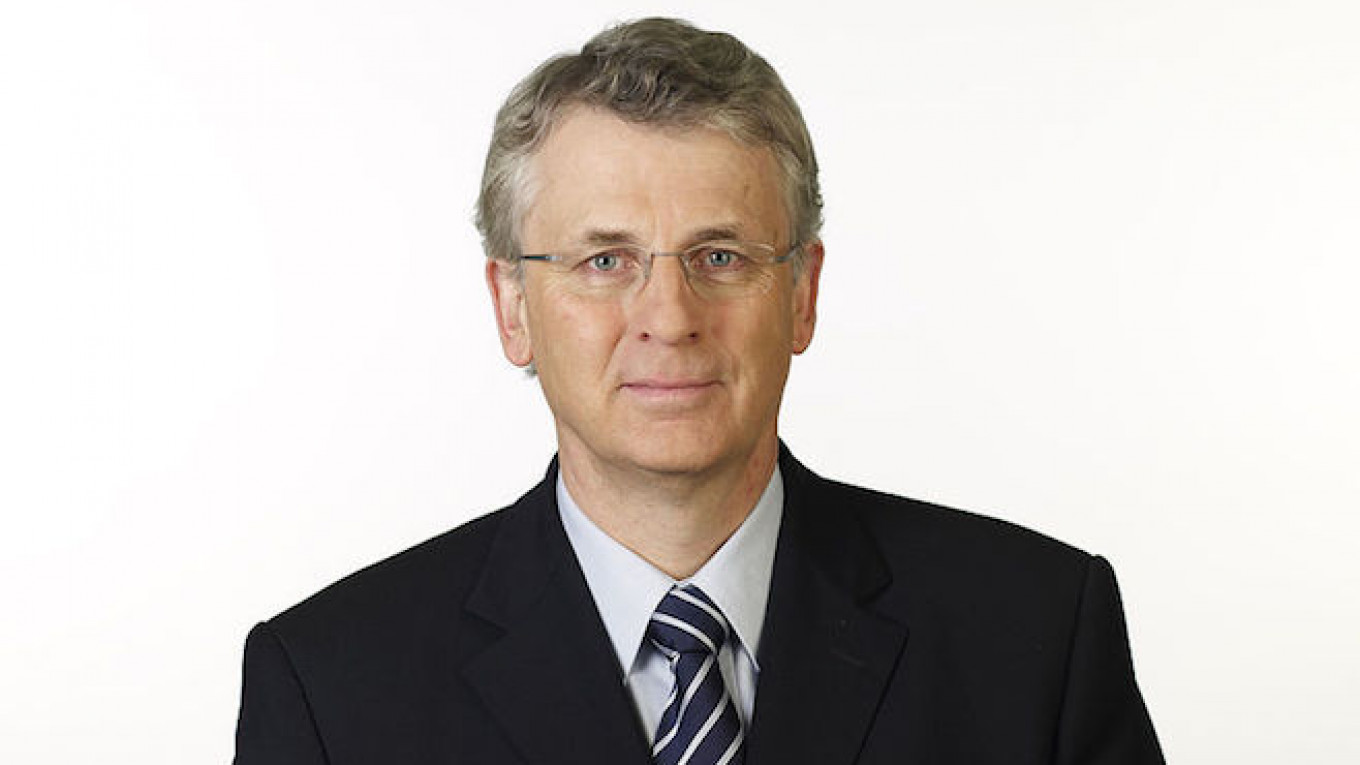BERLIN — Germany formally protested to Russia on Monday over Moscow's refusal to let a conservative German lawmaker into the country, a decision the Foreign Ministry criticized as unacceptable amid East-West tensions over the Ukraine crisis.
Karl-Georg Wellmann, a member of Chancellor Angela Merkel's Christian Democrats (CDU) and chairman of the German-Ukraine parliamentary group, had called Russia a "war-monger" earlier this year for its perceived support of separatists in Ukraine.
Wellmann, who has called for tougher sanctions against Russia over its role in Ukraine, could not be reached for comment. But he was quoted by Focus magazine online's edition as saying that he spent Sunday night in the transit section of the Moscow airport before returning to Germany on Monday morning.
He said that although he had a diplomatic pass to enter Russia, he was told at the Moscow airport he was barred from visiting until 2019.
Wellmann also told Focus that during his visit he had intended to meet Konstantin Kosachev, the international affairs committee chairman in Russia's upper house of parliament, Sergei Glazyev, an economic adviser to President Vladimir Putin, and German Embassy officials.
The German government issued a protest to the Russian ambassador in Berlin and Germany's ambassador in Moscow Ruediger Freiherr von Fritsch made a demarche to the Russian Foreign Ministry as well, the Foreign Ministry in Berlin said.
"From the German government's point of view Russia's refusal to allow … Wellmann's entry is incomprehensible and unacceptable," a Foreign Ministry spokesman said. "Germany expects the refusal to allow him in to be lifted."
Russian Foreign Ministry and immigration service officials were not immediately available for comment.
Relations between Russia and Germany, countries with multibillion-dollar trade and energy links, are at a low point over the conflict in Ukraine and the sanctions imposed by the West on Russia for its backing of pro-Russian rebels there.
The conflict between Ukrainian government forces and pro-Russian separatists has killed more than 6,100 people.
Last month, Russia protested at Germany's decision to deny entry at a Berlin airport of three members of a motorcycle club.
Last September, the German co-chair of the Greens group in the European Parliament, Rebecca Harms, said she had been barred from entering Russia. She said she believed she was on a secret Russian blacklist that could contain the names of politicians who had backed sanctions against Moscow.
A Message from The Moscow Times:
Dear readers,
We are facing unprecedented challenges. Russia's Prosecutor General's Office has designated The Moscow Times as an "undesirable" organization, criminalizing our work and putting our staff at risk of prosecution. This follows our earlier unjust labeling as a "foreign agent."
These actions are direct attempts to silence independent journalism in Russia. The authorities claim our work "discredits the decisions of the Russian leadership." We see things differently: we strive to provide accurate, unbiased reporting on Russia.
We, the journalists of The Moscow Times, refuse to be silenced. But to continue our work, we need your help.
Your support, no matter how small, makes a world of difference. If you can, please support us monthly starting from just $2. It's quick to set up, and every contribution makes a significant impact.
By supporting The Moscow Times, you're defending open, independent journalism in the face of repression. Thank you for standing with us.
Remind me later.






